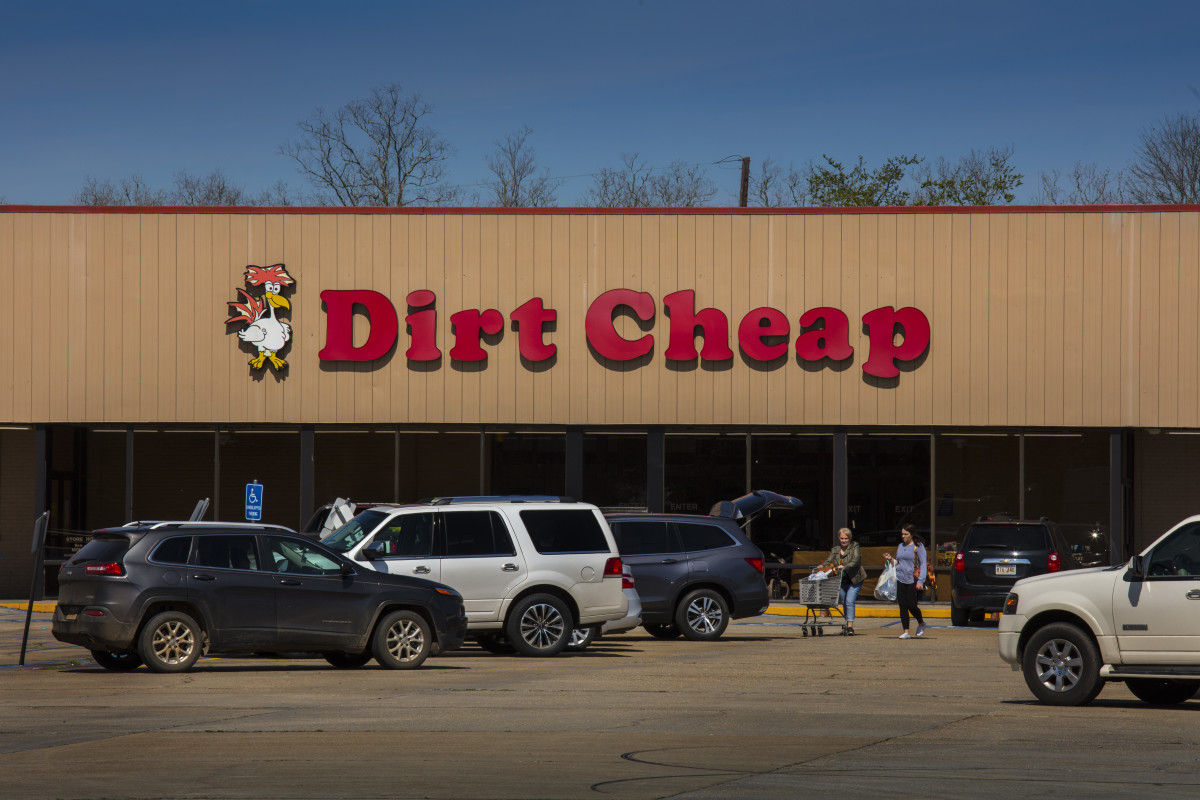Brick-and-mortar retail stores have faced financial distress in the last two years for many of the same reasons.
Common reasons for filing included inflationary pressures, such as increased costs of labor, freight, and goods; lingering effects of the Covid-19 pandemic, rising interest rates, and consumers shifting away from brick-and-mortar malls and shopping centers.
Major retailers Rite Aid and Party City both filed Chapter 11 in 2023 and exited bankruptcy still operating stores, but Bed Bath & Beyond and Tuesday Morning filed bankruptcy and closed all locations last year.
Don’t miss the move: Subscribe to TheStreet’s free daily newsletter
Home improvement retailer LL Flooring filed for Chapter 11 bankruptcy on Aug. 11, 2024, closed 211 stores but sold 219 stores to F9 Investments, which plans to operate the company as a going concern.
Related: Iconic Home Depot hardware rival files Chapter 11 bankruptcy
Discount retail stores had major difficulties in 2024, as 99 Cents Only filed for Chapter 11 bankruptcy on April 8, 2024, and later in May 2024 it filed for Chapter 7 bankruptcy to close down and liquidate all 371 stores in Arizona, California, Nevada, and Texas.
Big Lots, which operated 1,392 stores in 48 states at the beginning of 2024, filed for Chapter 11 bankruptcy on Sept. 9 with plans to sell its assets to its stalking-horse bidder Nexus Capital Management for a $760 million bid, which includes $2.5 million in cash, debt payoff, and assumption of liabilities.
The court scheduled an auction for Oct. 18 if more than one bidder submits an offer, with a hearing to approve a sale proposed for Nov. 4.
Big Lots began filing notices to close stores on Sept. 11 and has since listed 497 stores that it will close nationwide.

Barry Lewis/Getty Images
Channel Control Merchants to shut down discount retail chain
Finally, discount retailer Channel Control Merchants and 17 affiliates, which operate 68 Dirt Cheap, Treasure Hunt, and Dirt Cheap Building Supplies stores in eight Southern states, filed for Chapter 11 bankruptcy with plans to wind down their stores.
The Hattiesburg, Miss., debtor blamed multiple product issues with its foundational supplier Target Corp., consumers’ shift away from brick-and-mortar shopping, changes in consumer spending habits, onerous lease terms, and lingering effects from Covid-19 store shutdowns for causing its financial distress. It also cited increased costs of labor, freight, and goods.
Related: Another popular Asian dining chain files Chapter 11 bankruptcy
The company’s line of credit expired on July 19, 2024, and the debtor could not secure additional liquidity, according to a declaration from Jeff Martin, the debtor’s chief restructuring officer.
The debtor determined it could only operate through the end of 2024 without additional liquidity. The company’s board of directors decided its best option was to wind down all store operations in a Chapter 11 bankruptcy filing.
The company listed $100 million to $500 million in assets and liabilities in its petition filed in the U.S. Bankruptcy Court for the District of Delaware, which included about $32 million in unsecured debt. Its largest unsecured creditors include Target Corp. (TGT) , owed $15.6 million, and Amazon.com (AMZN) , owed $5.8 million.
The company, which was founded in 1954, was purchased in May 2023 by a group of investors including Hilco Global and Behrens Investment Group. The company’s Dirt Cheap, Treasure Hunt, and Dirt Cheap Building Supplies stores sell secondary-market merchandise, such as excess inventory and customer returns from major retailers, at its retail locations in the South, primarily in Mississippi and Louisiana.
The debtor also sells products through wholesale channels to other off-price retailers and e-tailers.
The company’s quality secondary merchandise includes apparel, footwear, toys, electronics, furniture, seasonal items, building supplies, and health and beauty products. A non-debtor Canadian affiliate operates locations in Canada.
Related: Veteran fund manager sees world of pain coming for stocks

